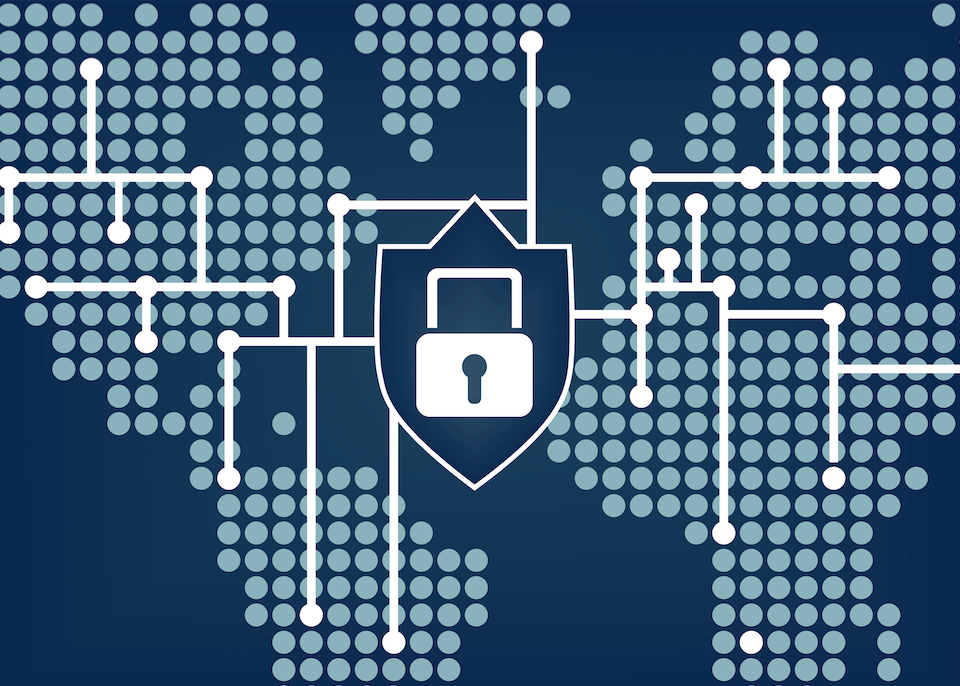
VPNs are the hot technology out there for those that are concerned about their online privacy. With all of the risks out there, such as hackers, the NSA and your own browser, looking to take your information it is risky to not use a VPN of some sort.
Knowing they work is great, but knowing how they work can help you determine that they are right for you and that you need one. We’ll look at how they work, what they’re superior to and how they could impact your internet speed.
How does a VPN work?
Once you have connected to the VPN service, using your sign in information, and have a connection, the VPN will take the Internet connection that you have with your internet service provider and route it through their server. To visualize it simply:
Website you view -> Internet -> VPN server – > Internet -> Your ISP -> Your computer
The connection will be going both ways when you are sending information as well.
The key here is at the VPN server a private and encrypted connection is made. Think of this as a tunnel that goes through the Internet, it is not the tunnel which is encrypted, it is the information. Your packets of information travel through this tunnel and are encrypted in a way that makes them impossible to read.
 So, your information is kept private. This includes:
So, your information is kept private. This includes:
- Passwords
- Log in details
- Banking information and credit cards
- Information going to and from websites
- Conversations you have online using apps
- Files you download, great for p2p
Which is great, but that’s not all that a VPN does when you route your internet connection through it due to how it works.
When you have your Internet connection going through the VPN server it also anonymizes your IP address. This address is your online fingerprint, websites use it to know where you are in the world, what ISP you use and even what browser you are using. Essentially, you’re telling complete strangers who you are! Check out our IP Address reader if you don’t believe me!
How does a VPN work to keep your IP address anonymous? A VPN makes it so this information is not shared because it changes your IP address by giving it one from its own server. Websites no longer read your information, they read that of the VPN server. Your information being exchanged is encrypted and who you are is hidden – you’re anonymous!
What is a VPN similar to?
VPNs are similar to web proxies. Both can protect you online and help you stay anonymous wherever you are surfing.
There are, however, glaring differences. A web proxy must be configured on each application you use, which is a lengthy chore – they don’t offer immediate and complete protection for everything you do online like a VPN. The encryption that you get with a web proxy is also lower strength, if it has it at all, opening you up to potential security breaches.
Will a VPN lower my connection speed?
This depends entirely upon your individual VPN, and is also impacted by the type of VPN encryption you are using. Some definitely will, others will only impact an imperceptible amount. The key is finding a VPN with a web server that is close to you.
Servers are physical objects, they’re not some mystical thing that floats in the internet aether. If you can find a VPN with many servers, in a wide variety of locations, you’ll have the best chance of getting a connection that isn’t slowed down at all.
Take a look at our Top 10 VPN clients. If the VPN you’re looking at isn’t doing numbers like that, your chances of having a slow internet speed are higher, especially if you travel!
Feature image via a-image / Shutterstock
